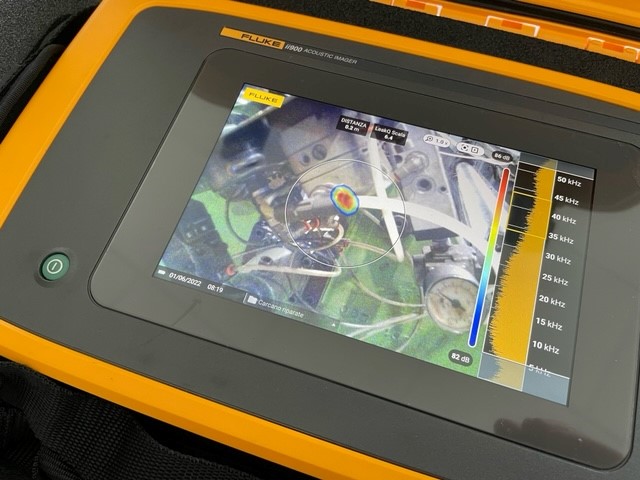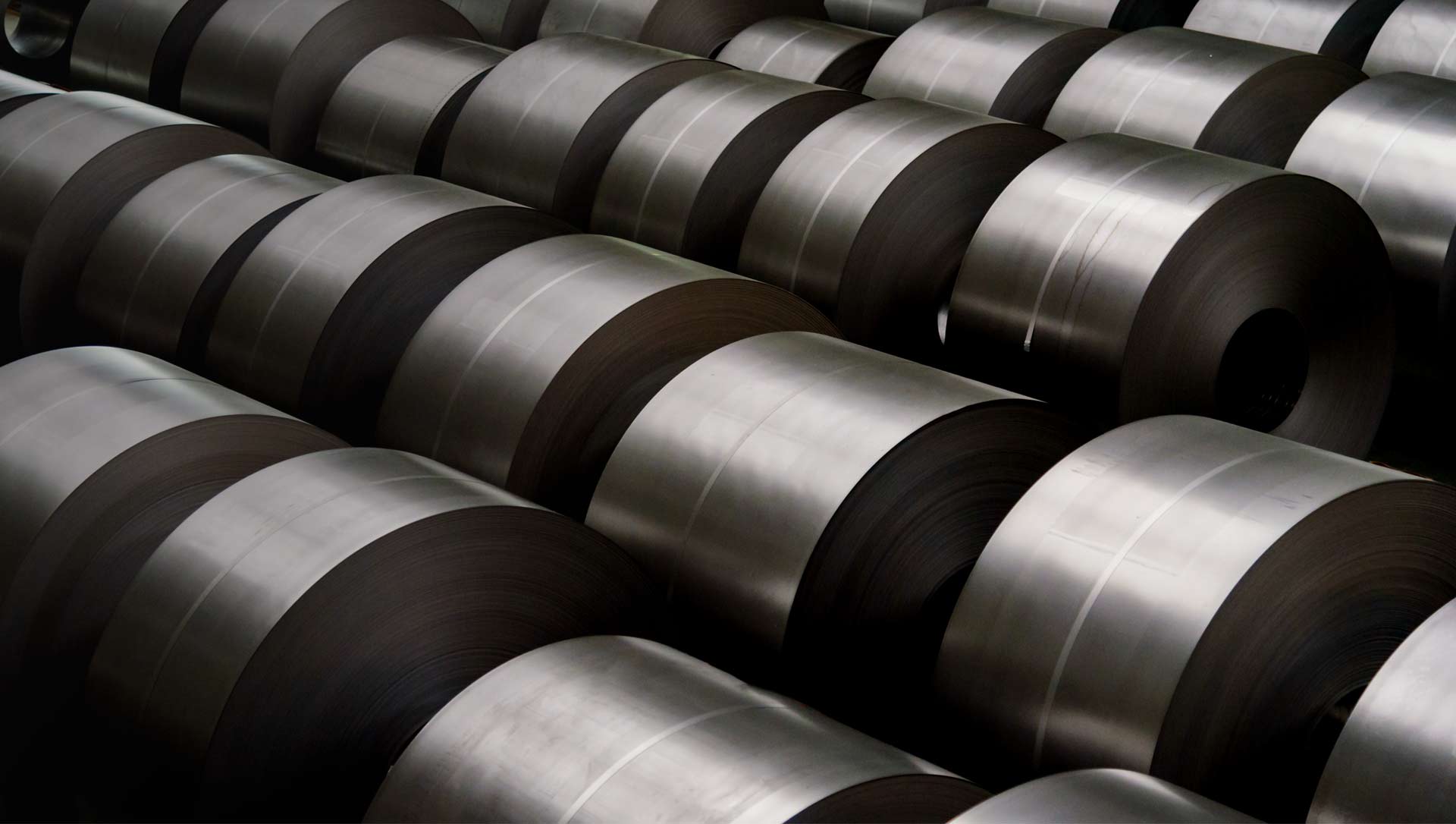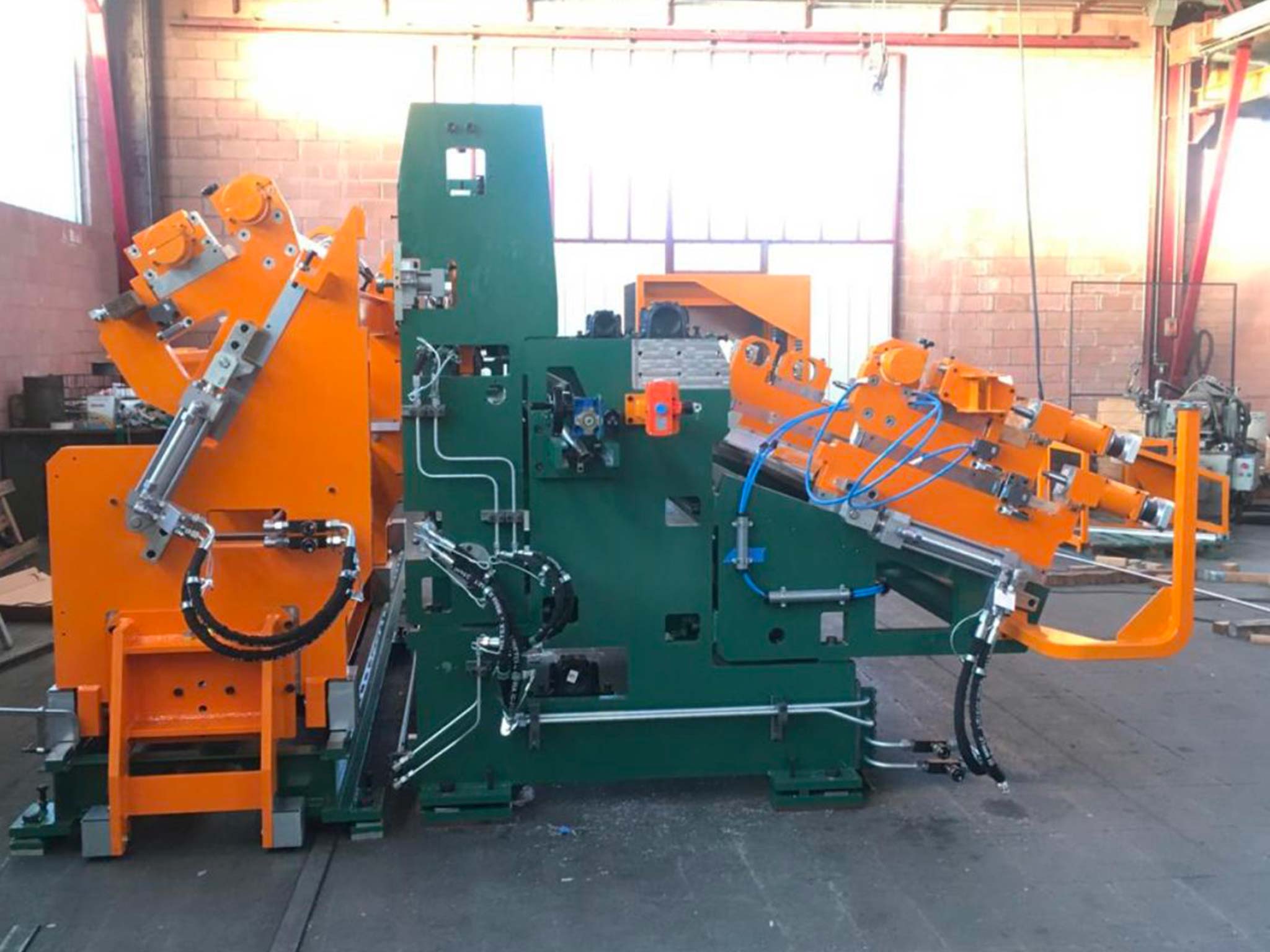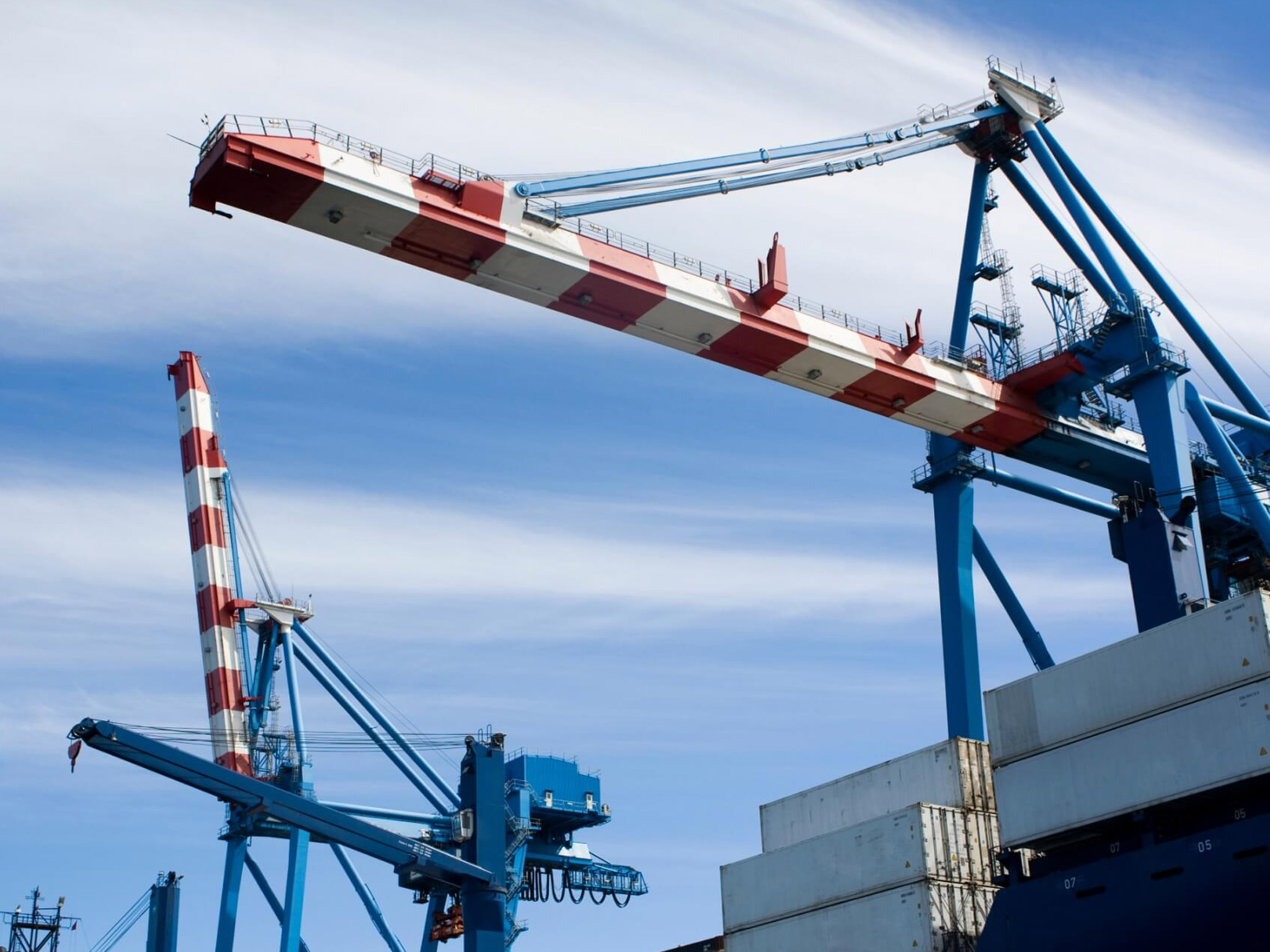
Leak detection in pneumatic systems
How to measure consumption, avoid waste and optimise productivity
In the industrial field, one of main factors of inefficiency in pneumatic systems is represented by the compressed air leaks: undetected dispersions that may cause energy wastage significant and additional costs, but also reduce production capacity and lead to operational interruptions as well as increased wear and tear on machinery.
Monitoring and detection of compressed air leaks
To avoid such situations, it is essential to put in place preventive activities aimed at detecting possible leaks in installations. The first step in this regard is an accurate and efficient consumption measurement It is estimated that a pressurised system, if not properly monitored, can reach disperse up to 30% of energy used to generate compressed air in the event of undetected leaks.
The air leaks occur more often in Critical points in pneumatic systems such as joints, valves, fittings and pipes, due to wear and tear, material deterioration or operational damage. Without in-depth analysis and targeted diagnosis, however, it is impossible to locate and quantify these losses accurately. This requires specialised tools and expertise.
Optimising pneumatic systems with Idraulica Pedroncelli
Idraulica Pedroncelli, a company specialising in the field of machines, components and pneumatic systems for multiple industrial applications, offers a professional service of plant analysis and air leakage search. Our technicians, through in-depth monitoring with specific instruments such as the FLUKE ii900 industrial acoustic camera are able to identify inefficiencies and propose tailor-made solutions for maximise the performance of the pneumatic system optimising energy efficiency and reducing waste.
Intervening on installations before problems or blockages are encountered makes it possible to safeguard business continuity and avoid economic damage; moreover, the improvement actions implemented contribute to increase overall productivity and environmental responsibility by modernising systems with a view to sustainability, with tangible and lasting results.






